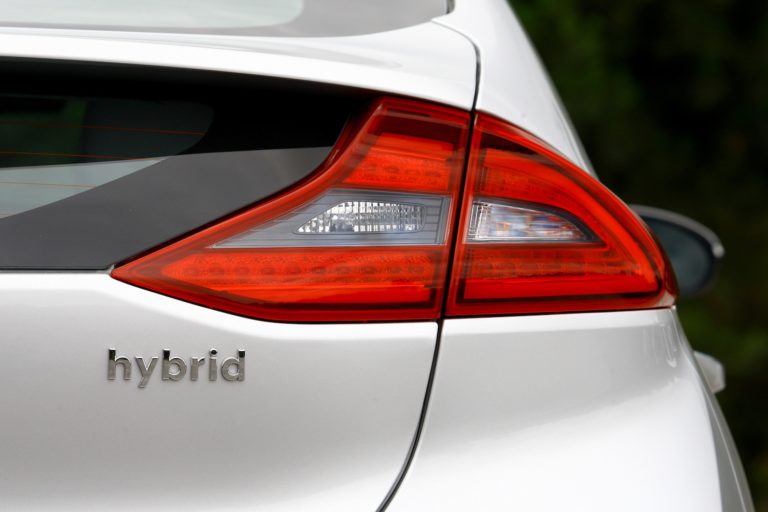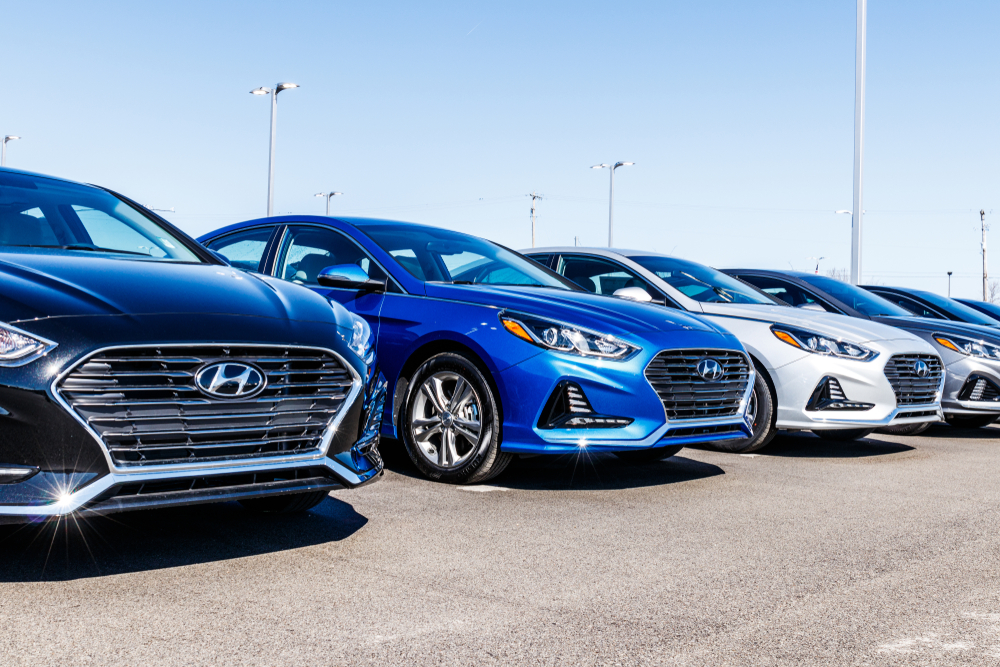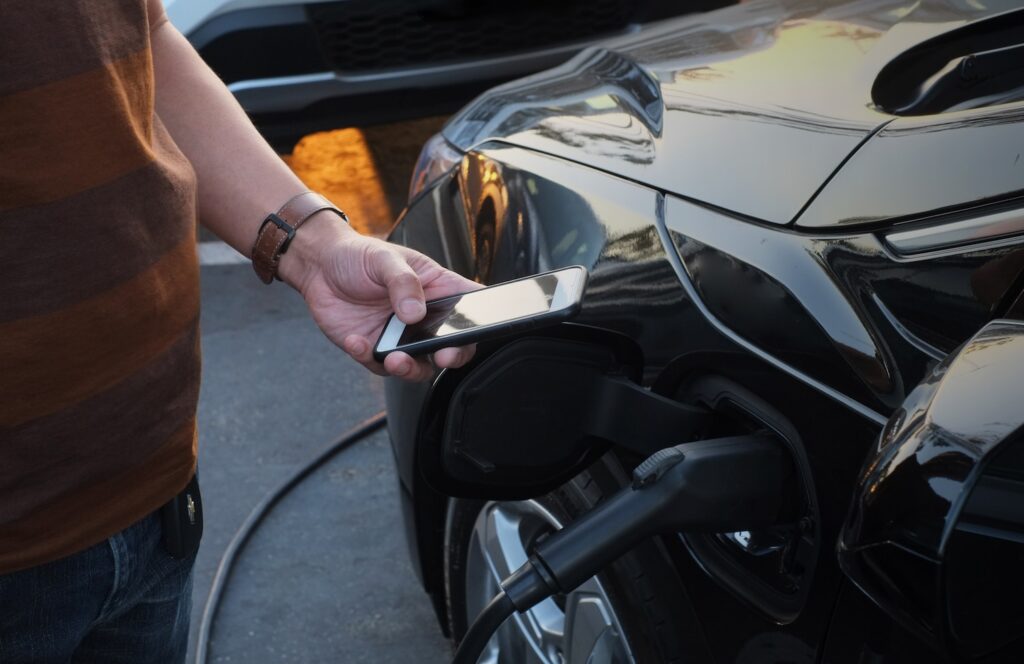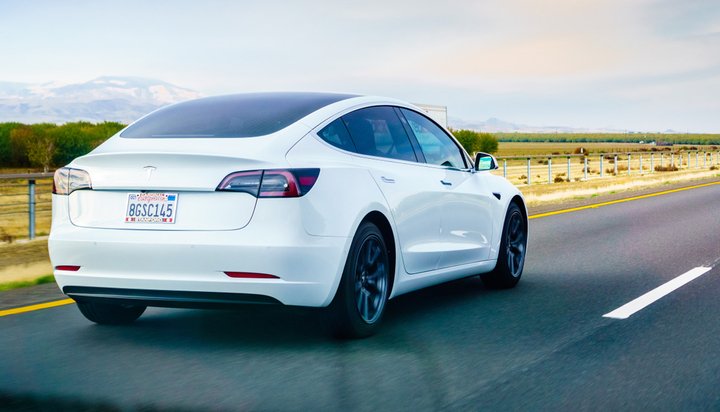
In determining the answer to the question “Are hybrid cars worth it?” there are many things to be drilled into. To figure out if they are worth the cost savings, it’s a numbers game. And to solve this numbers game, it’s essential to step back and take a look at the big picture.
Everybody’s driving style, and environmental situation is different. Some of the factors that weigh heavily are also the number of miles driven, and the price of fuel in the area (note: to save extensive money on fuel and get some great cashback offers, check out GetUpside).
In addition to this, to determine worth, you will also need to account for the different models of hybrids offered by various automakers. Then, don’t forget about the numerous tax breaks and incentives involved with the purchase of a hybrid vehicle.
All in all, determining whether hybrids are worth the purchase can become complicated to answer. However, below are a few of the more common factors that can assist in steering you in the right direction.

Purchase Price of a Hybrid vs. Conventional Vehicle
One of the most apparent differences, and most prominent points of consideration when choosing between a hybrid vehicle and a conventionally-powered vehicle, is the associated price. The price will be a significant impact provided it can assist in substantial energy savings. Typically (but not in every case), a hybrid will cost a bit more than their conventional alternatives.
In fact, the average cost of a hybrid vehicle across the board is close to $5,000 more than their traditional, gas-powered options. One of the main factors that make up this higher price point is the higher cost to manufacture. The automakers pass this cost on to the buyers.
One example of this price change in practice is last year’s Hyundai Sonata and Hyundai Sonata Hybrid. The base price for the SE non-hybrid Sonata was $22,050. Conversely, the same trim in a hybrid version started at $26,000, leading to a price discrepancy of almost $4,000 for one of the lowest cost hybrids on the market today.
While it shouldn’t be the only driving factor that influences a purchase, if the price is your primary consideration, the purchase of a hybrid likely won’t result in monetary savings off the bat. You’ll end up paying more initially for a hybrid. However, while this is the assumption, the reality is the comparison between different makes and models, not different versions of the same vehicle.

Vehicle Reliability and Maintenance
If you decide to push forth with a comparison of the same make and model of vehicle, comparing the conventional option with the hybrid option, levels of reliability should be relatively similar. What this means is that, in the long run, there won’t be significant savings to be had when selecting one type of car over another.
Typically, hybrids are every bit as reliable as conventional gas-powered alternatives. Additionally, with the type of vehicles being transformed into hybrids, extensive routine maintenance shouldn’t be an issue regardless.
However, even with that being the case, there are a few exceptions when comparing the reliability and maintenance costs of conventional and hybrid vehicles: brakes, insurance, and hybrid batteries.
Regarding Brakes
One of the most noticeable differences between a gas-powered vehicle and a hybrid vehicle will be the wear that occurs on the brakes. Most hybrid cars utilize brakes to assist in regenerating the hybrid battery. As a result of this, the brake pads on hybrid vehicles will usually last a bit longer than the brake pads on gas-powered cars.
While brake pads over time is not a massive outright saving, it is something that should be kept in mind. Remember, these routine maintenance costs will add up over the lifetime of a vehicle.
Regarding Insurance Costs
Another thing to keep in mind when deciding “are hybrids worth it?” is the cost of insurance. Surprisingly, there are many insurance agencies large and small that provide great driver discounts to those owning hybrid vehicles. To determine eligibility, it’s crucial to find out if your insurance provider offers any similar perks to new or existing drivers. If not, it might be time to consider switching insurance providers.
Regarding Hybrid Batteries
One of the most crucial points of maintenance concern for those looking to switch to a hybrid car from a conventional gas alternative is the reliability of the hybrid battery. Some have heard the cost to replace hybrid batteries nears the vehicle price itself. Some may have also heard that the hybrid battery is built to only last a certain amount of time before becoming a victim of “planned obsolescence.”
Luckily, this isn’t the case at all. Manufacturers of hybrid vehicles build their batteries to last essentially for the useful life of the vehicle. Many hybrid vehicle manufacturers offer warranties on hybrid batteries that last for up to ten years or 100,000 miles of use.
The idea is pretty standard. It is rare for a hybrid car battery to degrade to the point where it needs to be replaced at that time. However, if, for some reason, the need does occur, two things could happen. Either the warranty covers the cost of replacement, or the cash value of the replacement is usually under a few thousand dollars.

Long-Term Savings on Ownership
The concept of long-term ownership savings doesn’t directly have to do with monetary exchanges. However, the focus is instead on other savings types that can be noted when driving a hybrid versus a conventional alternative. There are many such examples of this. A few are:
- Closer and more desirable parking at some workplaces and businesses for charging
- Extensive time saved not having to visit gas stations every few days
- The opportunity to drive in HOV lanes, which avoids traffic, saves time and alleviates stress
- Overall environmental saving and reduction of your carbon footprint
While there are plenty of benefits that can be considered subjective, it’s important to determine if the factors mentioned above will impact your decision to purchase a hybrid vehicle over a conventional alternative. Are hybrids worth it from this point of view? The choice is up to you.
There is no reliable method for putting a value on your environmental impact, reductions in stress, or your time. However, the above reasons and more provide significant ownership savings from the efficiency and effectiveness of quality of life.
Fuel-Related Savings
This is an obvious one and is one of the most common reasons that purchasers choose hybrids over gas-powered vehicles. Gas prices fluctuate constantly. The associated savings in the search for better fuel efficiency speaks for itself.
However, if you want to determine monetary savings through the purchase of a hybrid, it’s essential to check the number of miles you usually drive your car and then compare to fuel prices and economy. Determining an accurate fuel economy is crucial.

An example of fuel savings
Need an example? Let’s assume that the cost of a gallon of regular gas is $2.50. Let’s also assume that you have plans to drive about 25,000 miles per year. While dependent on the type of hybrid vehicle you are looking to purchase, we are going to assume as well that you are looking at a car where the gas-powered version gets 30 miles per gallon, and the hybrid version gets 45 miles per gallon.
25,000 miles multiplied by $2.50 is 62,500. Divide that by 30, and you get $2,083.33, the estimated cost for fuel of the conventional vehicle over the course of a year. Conversely, divide that by 45, and you get $1,388.89, the estimated cost for fuel of the hybrid alternative over the same year. This leads to an annual estimated fuel savings of almost $700.
But Don’t Get Caught Up In The Numbers
It’s important to note that, although simple math like the above can provide rough estimates on the savings in gas on an annual basis, it is not wholly accurate. Remember, gas prices change, and they change a lot.
If the cost of a gallon of gasoline increases, the savings recognized by driving a hybrid vehicle over a conventional alternative jumps as well. Conversely, if the price of a gallon of gasoline decreases, realized savings of a hybrid over a conventional also decreases.
Another driving (get it?) factor is the state of your regular daily commute. Are you doing a lot of city driving? Or are you doing a lot of stop-and-go in city traffic? If you spend most of your commute driving highway miles, overall highway gas mileage is going to matter most, so keep an eye on that number. Meanwhile, there are nuances with the braking of hybrids that make them especially advantageous in city driving. If this is something you often experience on your commute, keep an eye on the city gas mileage number.
It’s crucial to remember that there is a general rule with the “are hybrids worth it?” question as it relates to fuel economy. Overall, driving a hybrid car over a conventional gas-only vehicle is going to result in fuel savings. Whether the fuel savings are worthwhile is up to personal interpretation.
Drive a conventional or hybrid vehicle and want to save money at the pump? Check out our guide to saving up to 45 cents per gallon with GetUpside.

Incentivization Of Your Hybrid Purchase
The wide variety of incentives is another critical consideration when looking to determine if the purchase of a hybrid is worth it. Multiple incentive levels can be explored.
An incentive that is recognized upon purchase is from the dealer. There are some cases where the car dealership offers cashback rebates on the purchase of a hybrid vehicle. However, in most situations, this comes with only specific makes and models. Additionally, there will be fluctuations in the value of the cashback incentive, depending on both the dealer and seasonality.
The Tax Man Cometh (Bearing Gifts)
Another beneficial incentive in the purchase of a hybrid vehicle is the propensity for government tax credits. In past years, the US government has offered various tax credits on the purchase of a hybrid car. However, this incentive has recently disappeared with the rise of electric vehicles in past years.
Currently, tax laws regarding the purchase of hybrids provide a federal tax credit on plug-in hybrids or fully electric vehicle purchases only. The typical tax incentive ranges from $2,500 to $7,500, nothing to sneeze at for sure. However, what this means is that buying the standard Prius or other non-plug-in hybrid option results in no federal tax credit.
There are also some states, such as California and New York, offering a variety of tax incentives. Most of these states’ incentives, though, are still associated with the purchase of electric vehicles and plug-in hybrids. But, it never hurts to do your due diligence to determine if there are any state tax rebates available for the purchase of a hybrid.

Putting Together All The Pieces
As can be seen from all of the tidbits and considerations above, the answer to “are hybrids worth it?” is more of a subjective thing that you may have thought. One example of this is the environmental impact. If you put a personally high value on minimizing your carbon footprint, buying a hybrid vehicle is going to appeal to you much more than someone who isn’t concerned with their environmental impact.
But, it’s important to note that the majority of savings will occur after the purchase of the hybrid. Due to limitations on government incentives with the rise of electric-only vehicles, the initial cost of a hybrid will be inherently higher than their conventional alternatives. However, over time the fuel savings will likely cover the added value of the initial investment.
Remember our example from before — $ 700 in fuel savings at standard driving rates. If you pay an extra $5,000 for a hybrid vehicle and get no tax incentives at all, you will recoup that cost in fuel savings over seven years of use.
Note: Looking to save money at the pumps, but a hybrid car may not be in your budget? Check out our extensive GetUpside review. Here, you can see how you can save vast money when fueling up without changing any of your regular habits!
Regular Improvements Are Constant
It is crucial to remember that most vehicle manufacturers are continually making changes and improvements to their hybrid options with advancements in hybrid technology. However, the same thing can be said for their alternative gas-powered models.
As a result of this, the effectiveness and value of a hybrid compared to a conventional car will continue fluctuating year over year.
Are Hybrids Worth It? Advantages and Disadvantages Overview
There are many advantages and disadvantages that we have covered in an attempt to answer the burning question, “Are hybrids worth it?”. Some of the noted benefits of purchasing a hybrid include:
- A cleaner experience than conventional gas-powered alternatives. Industry giant Toyota has stated that their hybrid vehicle options are 80% cleaner than their similar gas-powered options.
- Extensive fuel savings are possible. Maximum savings can be seen if your driving is mainly a lot of stop and go (city driving, traffic, etc.) at speeds that are slower than the average.
- Extreme decreases in oil and fossil fuel consumption will be experienced on a global scale if enough people drive hybrid vehicles responsibly.
- Many hybrid vehicles tend to come with a more extended and more comprehensive warranty than their conventional alternatives.
Some of the potential noted disadvantages of purchasing a hybrid vehicle include:
- Associated cost. The initial cost involved with the purchase of a hybrid car compared to a conventional gas-powered alternative is usually a few thousand dollars more.
- At steady highway speeds, the fuel consumption and cost advantages may be less than anticipated over time.
- At times, hybrid models that are in extremely high demand might come with a waiting period for purchase.

The Tradeoff In Favor of Electric Vehicles (EVs)
For the sake of comparison, we at Hybrid Center would be remiss if we didn’t discuss electric vehicles. It’s essential to keep in mind that if you are budget-conscious with your vehicle purchase decision, an electric car is likely not going to be top of your list.
The strongest example of this is the Tesla Model 3. At the time of this writing (January 2020), the base cost of the entry-level Model 3 is $40,000. While their site claims the price to be $33,690 to start, in small gray text, they note, “Costs above include potential incentives and gas savings of $6,300”. The starting price for the Tesla Model S, their luxury option, is $80,000.
In the ideal world, everybody would be able to afford an electric vehicle. Their environmental friendliness and ease of use are impressive, to say the least. However, this is still long in the future. Remember, the first hybrids were costly compared to their combustible alternatives as well.
Our Final Words
Today, many still opt into the ideal of a hybrid vehicle for their environmental friendliness compared to fuel savings. However, the associated fuel savings, in the long run, is still a very viable benefit of purchase.
In many cases, the upfront added cost of a hybrid vehicle compared to a conventional gas-powered alternative sways buyers to move more towards gas-powered when weighing their options.
The question remains: are hybrids worth it? The answer is unique to your specific situation, environment, values, budget, and needs.